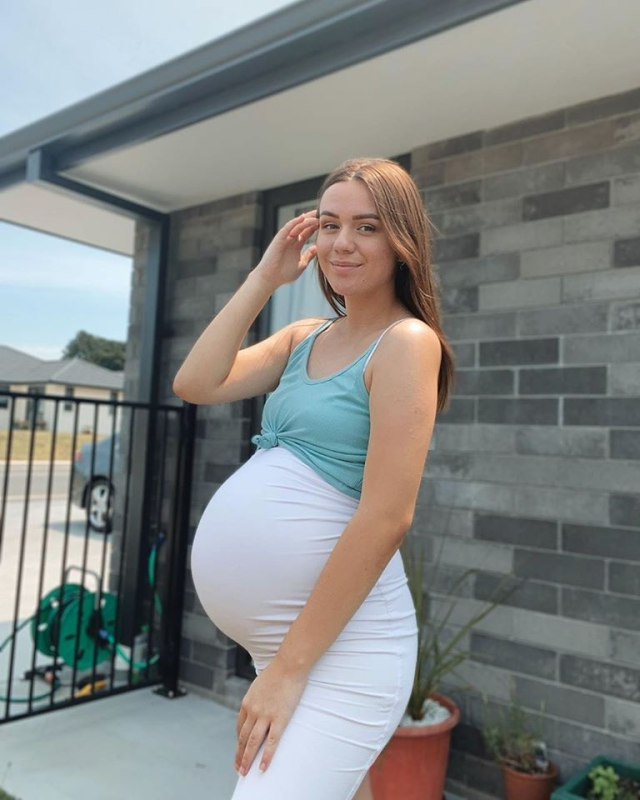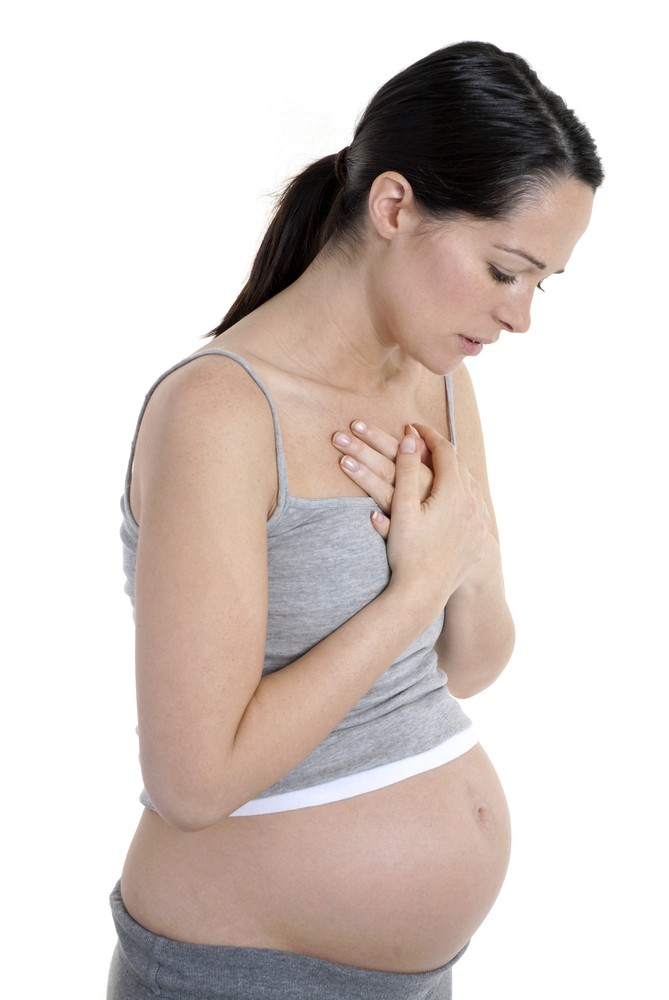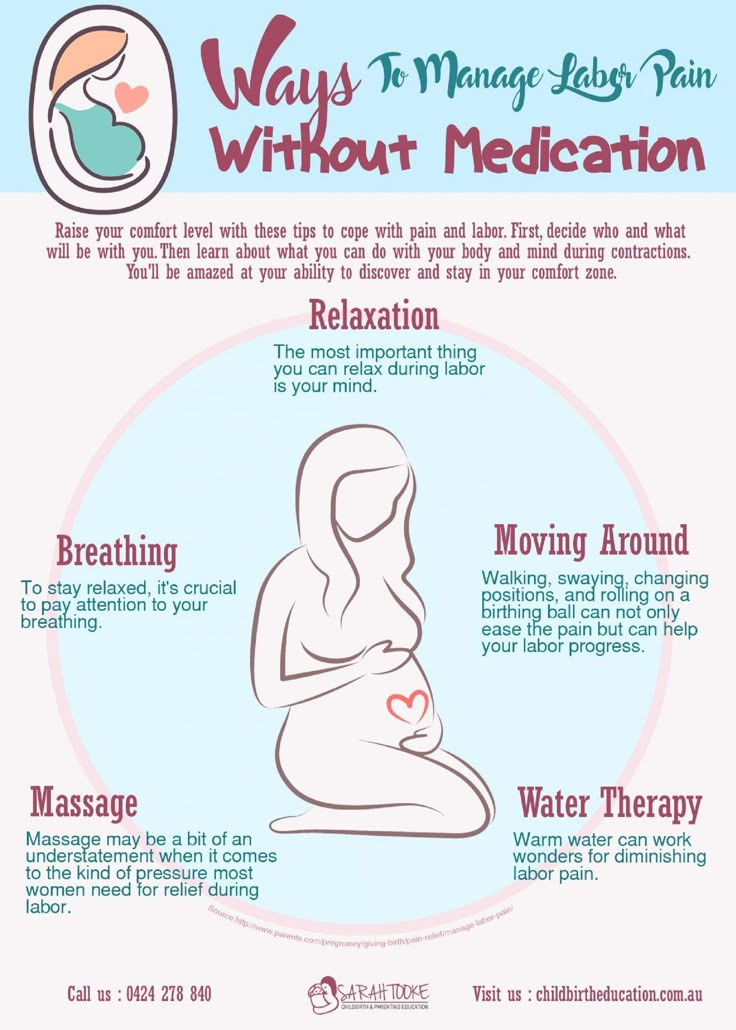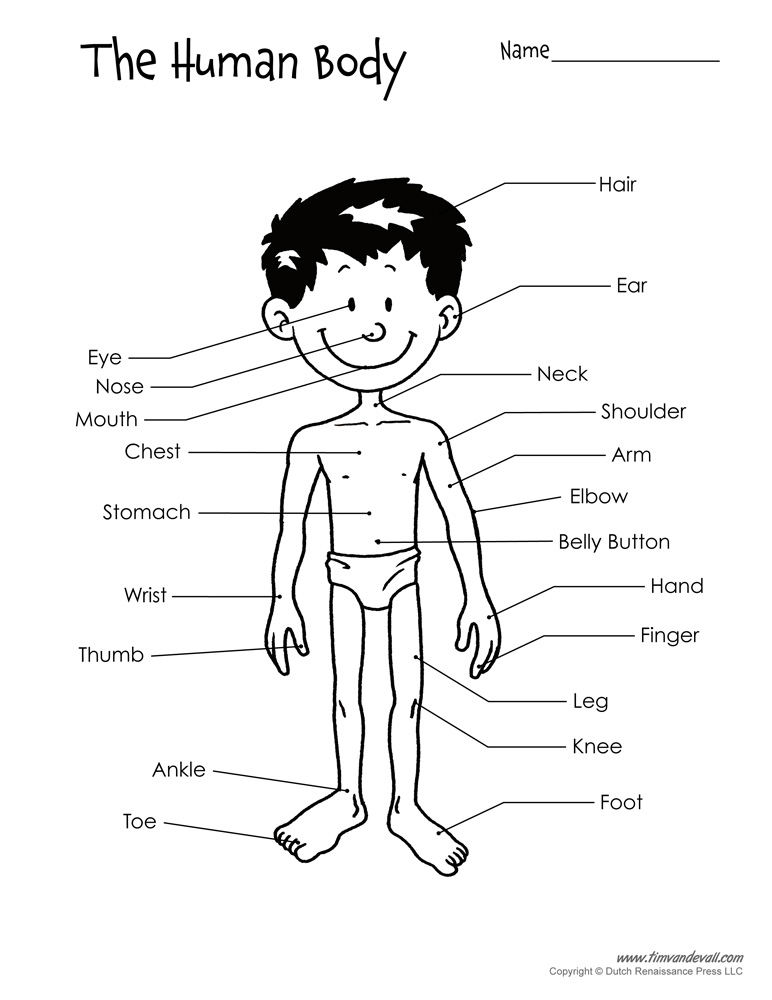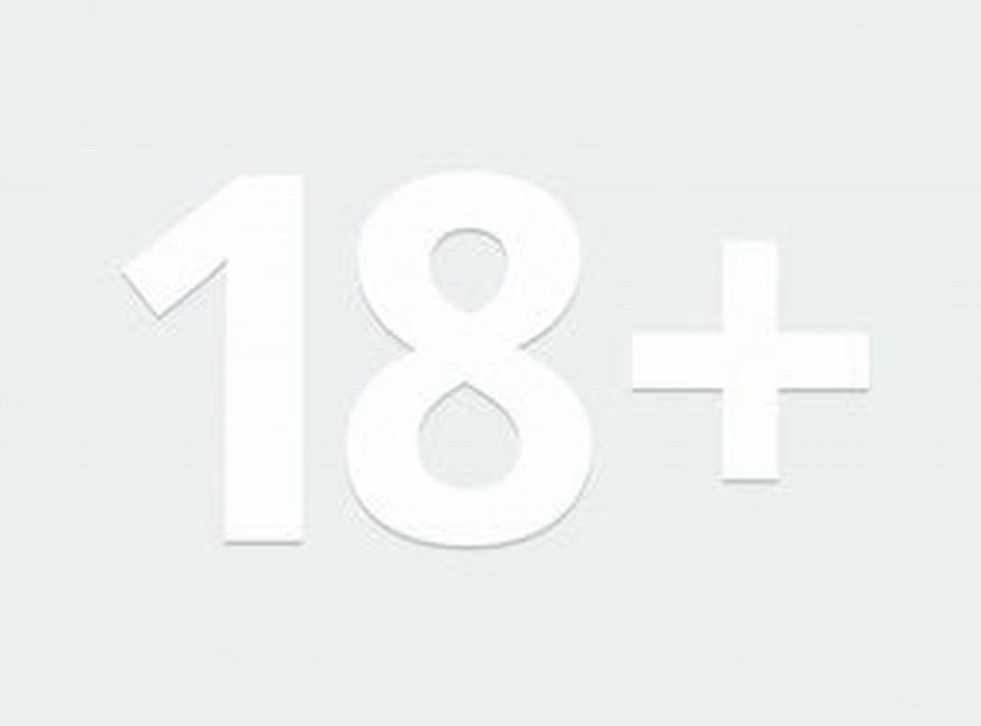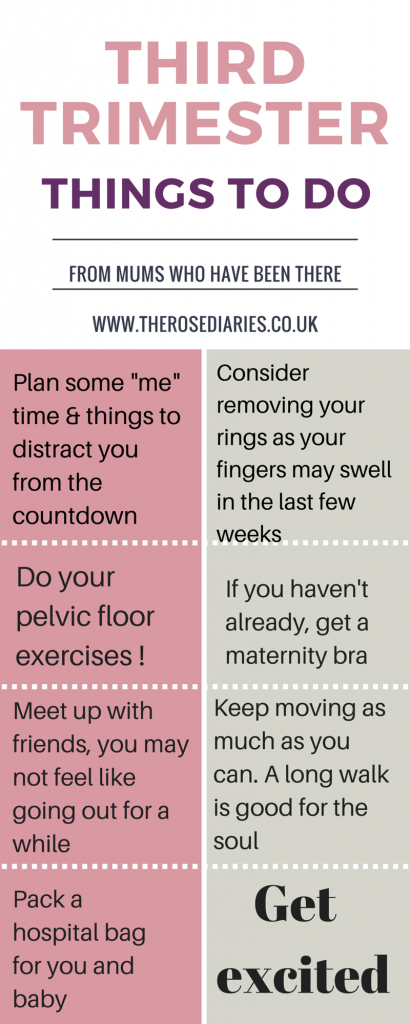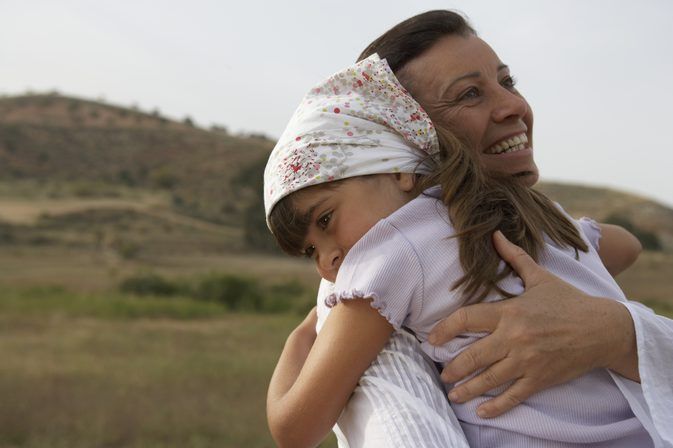Pregnant at 44 naturally
What Are the Chances and Options?
A reader recently posted this question on a previous blog:
I am 44 years old healthy non-smoker yoga practitioner, AMH 1.45 and FSH 9, high prolactin (25) but all else normal/good. Cycle regular with variation b/t 28-31 days ... married recently and trying for 6 months. My husband’s sperm is very good, he is 45. What are our chances for conceiving naturally? About to see rep. endocrinologist and view options, of which I think Clomid is one.
The woman who submitted this comment has a healthy lifestyle and is probably in excellent health but having trouble getting pregnant. The big issue is her age. She is doing the appropriate thing by consulting with a reproductive endocrinologist, but really, what are her chances and options?
I recently wrote a blog on optimal infertility treatment for women around 40 years old. In that blog, I reviewed data from a study that included women from ages 38 – 42 years. The conclusion was that it is okay to start with three IUI cycles but the option with the highest pregnancy rate was in vitro fertilization (IVF). In fact the majority of pregnancies in the study were with the IVF option. But what happens when patients go beyond this age range? What are the chances and options for getting pregnant at 43 and above?
Is natural conception possible?
Yes, she could conceive naturally. The chances, however, are low. There is a 33 - 50% chance of miscarriage and an increase in the incidence of chromosomal problems with the baby, such as Down syndrome.
What about clomiphene citrate?
It is generally accepted that after age 40, clomiphene citrate is not very effective. The pregnancy rate is less than 5% per cycle at age 43 years. But, this number is not that different with other (more aggressive) options. So, she could try a few clomiphene citrate cycles with timed intrauterine inseminations. This would be okay by me as long as she understands that the pregnancy rate will not be much different than them trying naturally.
What about IVF?
According to the Society for Assisted Reproductive Technologies (SART) database, in 2013 there were 5,744 IVF cycles nationally in women > 42 years of age. Of these, 8.9% resulted in a pregnancy and only 4.5% resulted in a live birth. It can be seen that almost 50% of the pregnancies resulted in a miscarriage. Only 7.3% of embryo transfers in this age group resulted in a live birth. In comparison, the live birth rate in women ages 38 – 40 years, 28.5% of embryo transfers resulted in a live birth. Thus, the pregnancy rate even with IVF (using her own eggs) is less than 5% in women above age 42 years. They are even lower at age 44 and practically zero at age 45 years.
Of these, 8.9% resulted in a pregnancy and only 4.5% resulted in a live birth. It can be seen that almost 50% of the pregnancies resulted in a miscarriage. Only 7.3% of embryo transfers in this age group resulted in a live birth. In comparison, the live birth rate in women ages 38 – 40 years, 28.5% of embryo transfers resulted in a live birth. Thus, the pregnancy rate even with IVF (using her own eggs) is less than 5% in women above age 42 years. They are even lower at age 44 and practically zero at age 45 years.
Why are IVF success rates so low in this group?
The reason the pregnancy rate is so low is that most if not all of the embryos in these women are chromosomally abnormal (aneuploid). Most chromosomally abnormal embryos will not implant. If they do implant, a lot of them will miscarry (hence the high miscarriage rate). Or, if the pregnancy continues, there is an increased risk for having a baby with a chromosomal abnormality.
What can be done about chromosomal abnormalities?
One of the strategies that is being investigated is to “pool” embryos from 2 – 3 egg retrievals. Embryos are biopsied 5 days after egg retrieval (blastocyst stage) and then frozen (cryo-preserved). We then perform pre-implantation genetic screening (PGS) on the embryos. The expectation is that hopefully one to two embryos will be “normal” (euploid) and result in a pregnancy. I have yet to see a paper showing a good pregnancy rate using this strategy. It is also very expensive to do 2 – 3 IVF cycles but there are some patients who would be willing to invest in this – if it works! If all the embryos turn out to be aneuploid, it may help the couple reconsider using donor eggs.
Embryos are biopsied 5 days after egg retrieval (blastocyst stage) and then frozen (cryo-preserved). We then perform pre-implantation genetic screening (PGS) on the embryos. The expectation is that hopefully one to two embryos will be “normal” (euploid) and result in a pregnancy. I have yet to see a paper showing a good pregnancy rate using this strategy. It is also very expensive to do 2 – 3 IVF cycles but there are some patients who would be willing to invest in this – if it works! If all the embryos turn out to be aneuploid, it may help the couple reconsider using donor eggs.
What about donor eggs?
A lot of my patients in this age group will use donor eggs to get pregnant. The live birth rate with this option is around 60% per embryo transfer. The graph below shows the pregnancy rates with non-donor eggs and donor eggs in women based on their age.
As you can see, even after age 43, the pregnancy rate using donor eggs remains excellent. The incidence of miscarriage will be around 15%.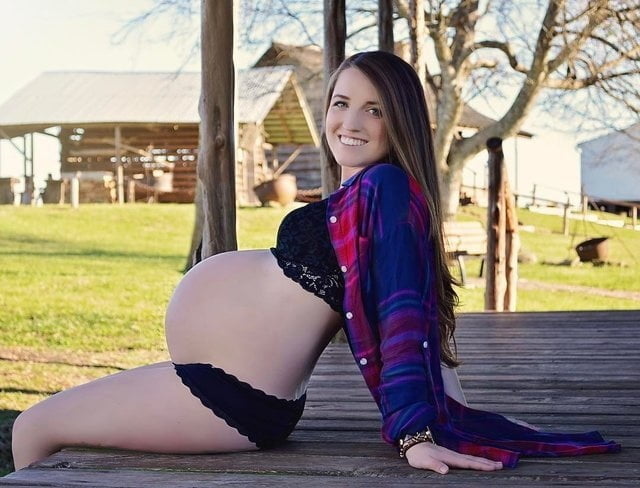 Also, the chances of having a baby with a chromosomal abnormality (e.g. Down syndrome) will be low.
Also, the chances of having a baby with a chromosomal abnormality (e.g. Down syndrome) will be low.
Are there any other options?
Another treatment option that may need to be considered is to use donor embryos. Adoption and child-free living are other options that can be considered.
To see a fertility specialist that offers a wide variety of treatment options including ovulation induction, intrauterine inseminations, IVF, PGS, egg donation and embryo donation, make an appointment at one of InVia's four Chicago area fertility clinics.
Pregnant at 44 • Cooking with Kim
Yep, you read that right. I’m pregnant at 44. I found out I was pregnant 4 days before my 44th birthday. While I’ve always wanted kids, I truly thought the door was closing on the opportunity for me to become a biological mother. So I prayed and asked God to allow me to either accept what was inevitable or to give me another opportunity to carry and care for a child.
Baby Hart UltrasoundEMOTIONS OF BEING PREGNANT AT 44
When I found out I was pregnant, I’d like to say I was immediately ecstatic.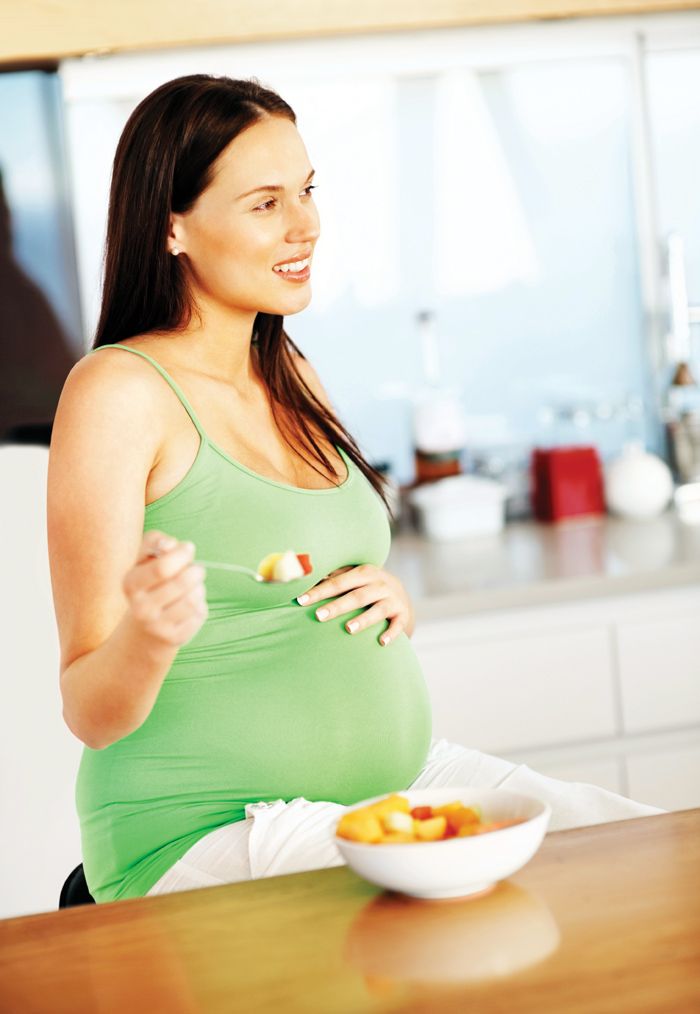 I can honestly say that was not the emotion that I was feeling. I was more petrified and nervous because of what happened just the year before. In June of 2020, just 4 months after I’d gotten married, I got pregnant naturally. I was over the moon excited! I told family, close friends and was brimming with joy to share the news.
I can honestly say that was not the emotion that I was feeling. I was more petrified and nervous because of what happened just the year before. In June of 2020, just 4 months after I’d gotten married, I got pregnant naturally. I was over the moon excited! I told family, close friends and was brimming with joy to share the news.
Little did I realize that it would not end well. Shortly after sharing the news with my middle sister I had my first appointment at 8 weeks. I was so excited because friends told me that I’d be able to hear the heartbeat by then. As I sat on the table with my doctor doing the ultrasound, I quickly realized that something wasn’t right. She was having a hard time finding the yolk sac and she did not see nor hear any heartbeat. As a precaution, she told me to schedule a follow up ultrasound appointment at the lab where they had better equipment. After that appointment my doctor called me and confirmed my fears. No heartbeat. This pregnancy would result in a miscarriage.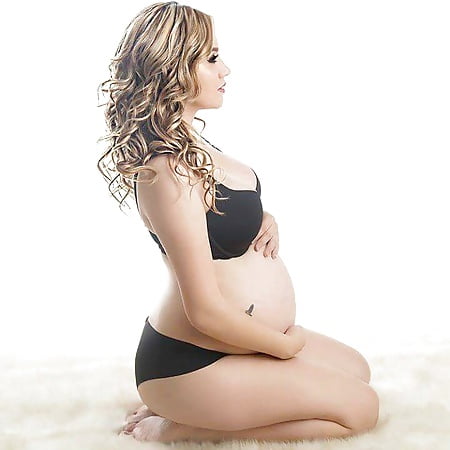
The heartache I felt was indescribable. I felt my heart had been ripped out and I truly just wanted to crawl into bed and never see daylight again. A moment that will be etched in my brain forever and that I relive frequently.
Baby Hart LoveNow that you have context, you understand why when I found out the news, I was hesitant to be happy. The what if’s danced around in my head…what if this ended like the last time? What if I never become a mom? What if, what if, what if. Not to mention, when I got pregnant this second time around, it was almost to the exact date as the previous year. So the sense of deja vu was uncanny.
TURNING POINT
One day a friend of mine shared a sermon with me that was titled I am Number 12. The message was clear, your past does not define you, there are always exceptions to the rule and what happens to “them” does not dictate and determine what happens to me. Those were all things I needed to not only hear, but hold onto as I started this journey again.
BABY HART HEARTBEAT
So with hope and nervousness in my heart, I scheduled an appointment with my OBGYN to confirm the pregnancy. By drawing bloodwork they confirmed that indeed I was pregnant, but given I was only about 4 weeks along they held off on an ultrasound until I was closer to 8 weeks. Once I hit the 8 week mark, I had my first ultrasound appointment. I was truly hopeful at that appointment because this pregnancy FELT different. Unlike the last pregnancy where I didn’t really have any of those first trimester symptoms, this pregnancy was definitely hitting me differently. I constantly felt like I was seasick and the level of exhaustion was real. I could sleep for 12 hours, wake up, eat and that was enough activity for me to want a nap.
My husband and I walked in the ultrasound room and as the dr moved the wand around, I didn’t realize it at the time, but I was holding my breath. Until we all saw that tiny little bean on the screen. Next, the dr flipped a switch and I heard the strongest, loudest heartbeat I’d ever heard. I immediately broke down into tears. This time, it was tears of joy. My little bean had a heartbeat! I was so many things in that moment, relieved, shocked, scared, you name it. I knew at the time that there were many more milestones to go. You see, when you get pregnant naturally at 44 (what is considered advanced maternal age), doctors will continue to remind you of the risks involved not only for mom but for the child as well.
I immediately broke down into tears. This time, it was tears of joy. My little bean had a heartbeat! I was so many things in that moment, relieved, shocked, scared, you name it. I knew at the time that there were many more milestones to go. You see, when you get pregnant naturally at 44 (what is considered advanced maternal age), doctors will continue to remind you of the risks involved not only for mom but for the child as well.
However in that moment, just for a second, I allowed myself to feel. To feel joy, hope, and love.
Feel free to connect with me on my social platforms as I continue to share more of my pregnancy journey and healthy recipes! Give a follow at: Instagram, YouTube and Pinterest!
Until what age can you get pregnant - the likelihood of conception, infertility
What do you know about your reproductive health? It turns out that there is a big difference between what most people say about this and the actual biological facts. This conclusion was made by researchers from the Reproductive Medicine Associates of New Jersey (RMANJ) after a survey of 1,000 Americans aged 18 to 40 years, conducted in March 2016.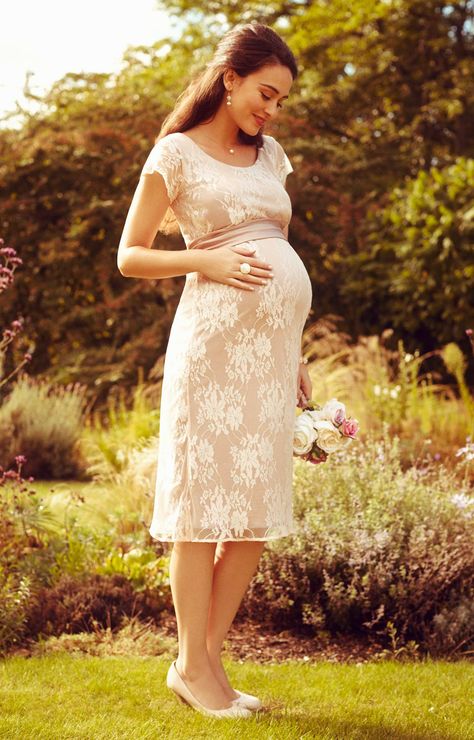
Thus, 57% of respondents said that a woman's "biological clock" "stops" at the age of 44. This is partly true: only some 44-year-old women can become pregnant naturally. But in fact, fertility declines over the course of 20 years, almost throughout adulthood, especially after 35 years.
If before the age of 31, three quarters of women can become pregnant within a year, after 35 years - only half. At 44, this figure drops to 1-5%, and only in 2% of cases the child will receive completely normal chromosomes from the mother.
"Biological clock" that stops "ticking" is not quite a correct comparison, but, indeed, the fact is that the chances of pregnancy in women after 40 years of age are greatly reduced.
Other similar surveys have been conducted in the past. For example, researchers at the Royal College of Obstetricians and Gynaecologists in the UK asked 1,000 young men and women aged 16 to 24 about fertility. More than 80% of respondents claimed that female reproductive function begins to decline only after the age of 35, which, as we have already noted, is actually not the case: the decline begins much earlier, it just increases strongly by the age of 35.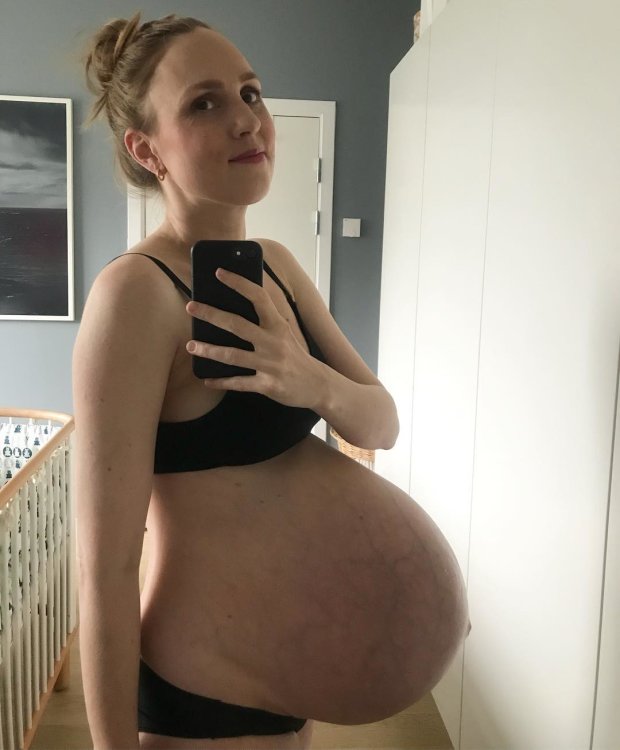 Among young people, 25% said that female fertility decreases only after the age of 40; among girls, 16% gave a similar answer.
Among young people, 25% said that female fertility decreases only after the age of 40; among girls, 16% gave a similar answer.
Another 2016 survey by the Fertility Centers of Illinois found that among women aged 25-45 who had never given birth, less than half (48%) understood that the chances of having a child decreased with age, the risk increased abortion and chromosomal abnormalities.
If we turn to the results of earlier studies, we will see that over the past few years, people's opinion about the effect of age on the state of reproductive function has changed little.
In 2011, experts from the biopharmaceutical company EMD Serono assessed the fertility knowledge of 1,010 women aged 25 to 35 who had never planned or become pregnant before. Many of them wanted to have a child after 30, and 73% of those surveyed rated their chances as higher than is the case in reality. At the age of 35-44, every fourth woman experiences problems with conception, while up to 30 years - only every tenth.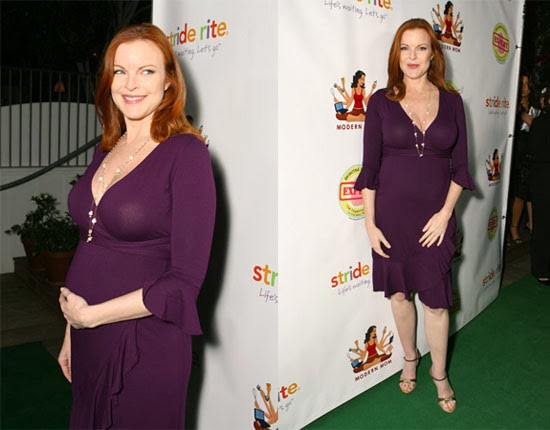
Researchers from EMD Serono noted that only a third of the respondents correctly indicated age as an important factor influencing fertility. Many hoped that as soon as they want to have a baby, it will happen in the first month with a probability of 10-40%. In fact, this figure is only 10%.
In addition, the respondents strongly overestimated the possibilities of in vitro fertilization. They said that after IVF, pregnancy will occur with a probability of 50-59%, although in reality the effectiveness of the method ranges from 20 to 29%. Many respondents did not know that the “age” of the egg also plays an important role. 54% of women were confident that IVF would help them get pregnant, regardless of the age at which their eggs were retrieved.
Where do women get such erroneous knowledge about their reproductive health? How many discuss these issues with gynecologists? It turns out that not all.
In the RMANJ survey, only 26% of women said they had talked to their gynecologists about the effect of age on fertility. Nearly half (42%) of the women who experienced infertility reported that gynecologists had never talked to them about fertility.
Nearly half (42%) of the women who experienced infertility reported that gynecologists had never talked to them about fertility.
Researchers at EMD Serono got similar results. 52% of women did not have conversations with gynecologists about their plans for pregnancy in the future, 78% - about age as a factor affecting fertility, 89-96% - about infertility treatment methods.
And this is not because women themselves do not want such conversations. In a survey by the Illinois Fertility Center, 89% of respondents agreed that gynecologists should talk to patients about reproductive health and infertility, 52% of women 35 and older said they would change their pregnancy plans if they knew that with age, the chances on its offensive are reduced.
Why don't gynecologists talk about this with their patients?
Experts note that often doctors simply do not have time, but this is not the only reason. The topic of fertility and infertility is highly stigmatized.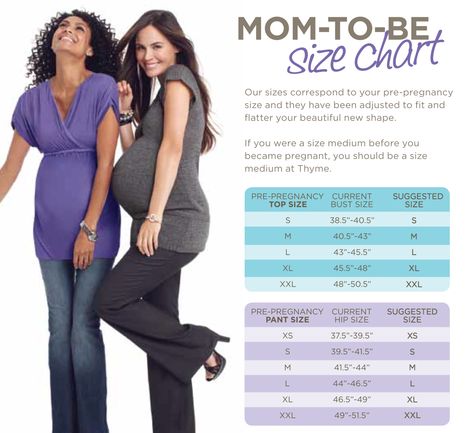 Many doctors are uncomfortable discussing this with their patients. And the woman herself often cannot ask the right questions, because she does not have the necessary information.
Many doctors are uncomfortable discussing this with their patients. And the woman herself often cannot ask the right questions, because she does not have the necessary information.
Some modern experts believe that fertility issues should be discussed with girls starting in high school. For example, the chairman of the British Fertility Society (British Fertility Society) Adam Balen openly advocates the concept of "choice, not chance." He notes:
Our goal is for sex education courses to cover not only contraception and protection against sexually transmitted diseases, but also fertility, planning the optimal time to start a family. We want young people to make informed choices about pregnancy planning.
Many topics related to fertility and infertility are taboo in today's society. For example, the topic of “freezing” eggs is a procedure that gives a woman the opportunity to keep her germ cells while she is young in order to increase the chances of pregnancy and the birth of a healthy child in the future.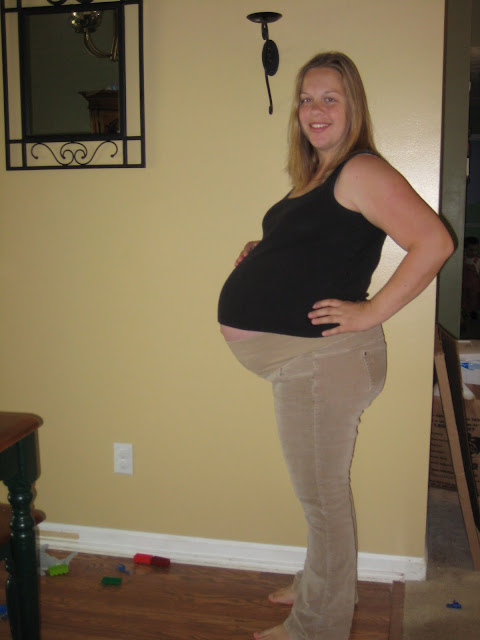 In addition, cryopreservation makes it possible to preserve donor eggs in order to give the joy of motherhood to women who are deprived of such an opportunity by nature. Many gynecologists do not talk about this either.
In addition, cryopreservation makes it possible to preserve donor eggs in order to give the joy of motherhood to women who are deprived of such an opportunity by nature. Many gynecologists do not talk about this either.
In Russia, such services are provided by Reprobank, one of the largest germ cell banks in Eastern Europe. We also advocate free discussion of topics related to fertility and infertility, we believe that every woman should have this information.
Source: https://extendfertility.com/fertility-knowledge-gap/
Late pregnancy: can you give birth after 45?
Today, women do not want to give birth early. And the statistics confirm this: the age bar for childbirth is increasing. But is it possible to give birth after 45 years? Where is the real threat, and where are just fears of late pregnancy? How to give birth to a healthy baby and maintain your health at this age. Let's talk about everything in order.
How late pregnancy is possible
Every woman has a different reproductive system. This parameter is laid genetically and is determined by the level of health, as well as lifestyle. Therefore, two women of the same age will have different chances of getting pregnant.
This parameter is laid genetically and is determined by the level of health, as well as lifestyle. Therefore, two women of the same age will have different chances of getting pregnant.
The number of healthy eggs plays a major role here. In almost a quarter of women, the ovaries deplete early, leading to premature menopause. After 30 years, the number of eggs gradually decreases, and after 45 years, the possibility of natural conception becomes minimal. However, in some women, fertility lasts longer and they become pregnant without problems after 40 years. For the rest, there are modern reproductive technologies.
What medicine offers
In order to plan pregnancy at a suitable time for you, when you are mentally and financially ready for this, it is worth going through an examination and assessing the egg reserve in advance. So you will find out their number, and determine whether it is worth postponing the birth of children. This examination is also useful for those who want a second, third or subsequent child, but are postponing pregnancy. Analyzes can be taken in any laboratory, and the gynecologist will make a prediction based on the results of the tests and ultrasound.
Analyzes can be taken in any laboratory, and the gynecologist will make a prediction based on the results of the tests and ultrasound.
Egg freezing is also gaining popularity for those who want to delay motherhood. This procedure helps reduce the risk of genetic pathologies that occur during late pregnancy.
Risks of late delivery
Unfortunately, it is not easy to deceive nature. The processes of oxidation and wilting cannot be reversed, chronic diseases are exacerbated, especially women who live in constant stress are prone to this.
The spine is the first to be at risk, as well as pressure and thyroid problems. Pregnancy at a later age is dangerous because it exacerbates chronic diseases, and even those that were not previously known. A woman will need additional resources for the formation of a child, so it is worth thoroughly checking her own health before conception and solving the identified problems.
Things to consider before getting pregnant at a late age
Pregnancy itself is only a part of the process, it is also important to think about the first year of a child's life, it is they that most affect a woman's condition.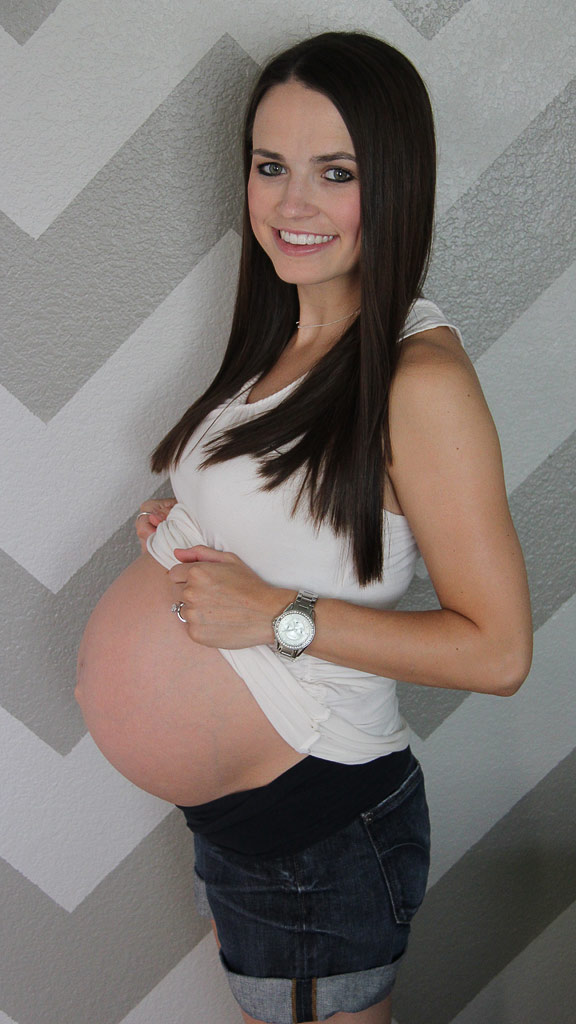 Nights without sleep, stress, weight lifting will not be tolerated as in 20 years. Therefore, it is important for a woman over 40 to take care of herself, eat right, take care of her health and not neglect additional help. It is important to correctly calculate your strengths and resources before pregnancy. For women over 45, it is especially important to carefully plan pregnancies under the supervision of a gynecologist and endocrinologist.
Nights without sleep, stress, weight lifting will not be tolerated as in 20 years. Therefore, it is important for a woman over 40 to take care of herself, eat right, take care of her health and not neglect additional help. It is important to correctly calculate your strengths and resources before pregnancy. For women over 45, it is especially important to carefully plan pregnancies under the supervision of a gynecologist and endocrinologist.
Summing up all the recommendations, we can form the following rules for a successful pregnancy and childbirth at 45 and later:
- Preparation is important, and comprehensive: from the point of view of health, morale, competent organization of rest and the ability to focus on the baby. It may be helpful to visit a psychologist to better prepare for motherhood.
- Pregnancy age is not a barrier: According to the World Health Organization, ages 20 to 45 are considered young. Keep this in mind and don't let yourself be intimidated.
 The general level of health of the body and, of course, the desire to have a baby is important.
The general level of health of the body and, of course, the desire to have a baby is important. - When planning a pregnancy at the age of 45, pay maximum attention to yourself. Rest, treat chronic diseases, try to reduce the load at work, adjust the diet in favor of healthy food and make time for sports.
- Create a supportive environment around you. If you can't do this with friends and family, find midwife blogs, doulas, or mom clubs that have positive messages.
Benefits of being pregnant at 45
Continuing the theme of an atmosphere of joyful expectation and support, here are just a few of the benefits of late pregnancy - in fact, there can be many more.
First, many experts note that older mothers tend to lead a healthier lifestyle and consciously prepare for pregnancy and childbirth - this is a huge contribution to health.
Secondly, experts say that having a baby and breastfeeding after 45 rejuvenates a woman by producing large amounts of estrogen, which tones muscles, tightens the skin, strengthens bones and reduces the risk of hypertension.